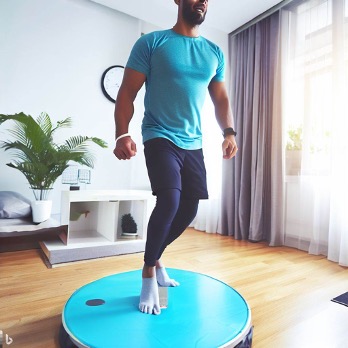Concussions, commonly caused by sports-related injuries or accidents, require comprehensive and specialized care to ensure optimal recovery. While there is no one-size-fits-all solution, a multi-modal approach to concussion care has emerged as the gold standard in recent years. This holistic method combines various therapies and interventions to address the complex nature of concussions, encompassing physical, cognitive, and emotional aspects. In this blog, we will explore why a multi-modal approach is considered best practice in concussion management.
Tailored Treatment:
Every concussion is unique, and individuals may experience a diverse range of symptoms. A multi-modal approach allows healthcare professionals to tailor treatment plans to the specific needs of each patient, accounting for their symptoms, severity, and individual circumstances. By incorporating various therapeutic modalities, such as physical therapy, cognitive rehabilitation, vestibular therapy, and psychological support, patients receive a comprehensive care package that targets their specific impairments.
Comprehensive Assessment:
Concussions can affect multiple domains, including cognition, balance, vision, and emotional well-being. A multi-modal approach ensures a thorough evaluation of these domains through a combination of assessments, such as neurocognitive testing, balance testing, visual tracking, and mental health screenings. This comprehensive assessment provides a more accurate picture of the individual’s recovery progress and guides the selection of appropriate interventions at each stage.
Holistic Recovery:
Concussion recovery is not solely dependent on physical healing; it also involves addressing cognitive deficits, emotional challenges, and social reintegration. By integrating a multi-modal approach, healthcare professionals can focus on the holistic recovery of the patient. This may involve a combination of physical rehabilitation, cognitive exercises, psychotherapy, education on lifestyle modifications, and gradual return-to-activity protocols. The multi-modal approach recognizes that a successful recovery involves not only symptom resolution but also the restoration of overall well-being and quality of life.
Collaborative Care:
One of the key strengths of a multi-modal approach is the collaboration between healthcare providers from various disciplines. Neurologists, neuropsychologists, physical therapists, occupational therapists, and other specialists work together, sharing their expertise and insights to develop a comprehensive treatment plan. This interdisciplinary approach promotes a more holistic understanding of the patient’s condition and ensures that all aspects of their recovery are addressed effectively.
In the realm of concussion care, a multi-modal approach stands as the pinnacle of best practices. By tailoring treatment, conducting comprehensive assessments, focusing on holistic recovery, and fostering collaborative care, this approach provides patients with the most comprehensive and personalized care possible. As our understanding of concussions continues to evolve, embracing a multi-modal approach becomes increasingly crucial in optimizing outcomes and ensuring the well-being of those affected by this common and often complex injury.
